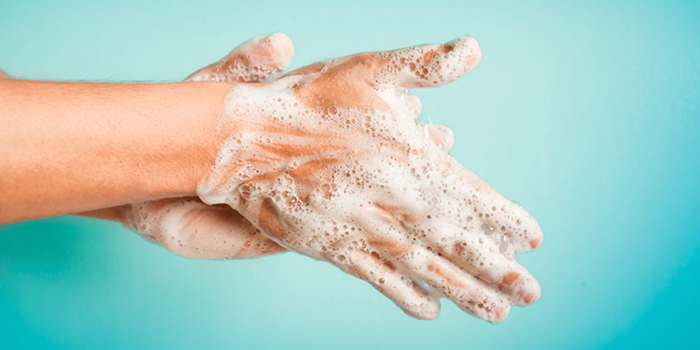No products in the cart.
Uncategorized
How to Care for Seniors During the COVID-19 Pandemic
It has been weeks since the COVID-19 pandemic hit Australia, bringing with it unprecedented changes to the daily lives of everyone in the country. It is well documented that the risks of health complications associated with COVID-19 are much higher for those over the age of 70, and those with an underlying medical condition. This means that it’s more important than ever to look after the elderly and vulnerable in the community.
If you are caring for an elderly parent or loved one, it is imperative to take extra measures in this time to protect them from this disease to the best of your ability. The following are some of the measures that may help to keep them safe in the coming weeks and months as the COVID-19 pandemic plays out.
1. Limit Exposure
Social distancing is vital in stopping the spread of the virus. In implementing Australia’s social distancing rules, for the last few weeks many of us have only interacted socially with the people that we live with. Unfortunately, social distancing rules also apply to care facilities that house older adults and vulnerable adults. Many long-term care homes have banned visits completely in order to reduce the chances of their vulnerable residents being exposed to COVID-19. You can find out what the rules are in your State by looking at the Australian Government Department of Health Fact Sheet (published 6th April 2020) but it is a good idea to talk to the aged care home where your loved one lives to see what they say.
In addition, if you have in-home healthcare for your loved one, or if you and other family members are visiting their home to provide care, you may need to reconsider whether all of these people are absolutely necessary in the care routine. It is important to limit the number of people entering your loved one’s home and, as such, any non-essential visits should be cancelled for the time being. For the essential visitors who must go to your loved one’s home to care for them, it is vital to ensure proper safety measures are being followed.
2. Ensure the House is Clean
Maintaining cleanliness is essential to prevent the spread of COVID-19. This is particularly true for the elderly and vulnerable people, and it is important to ensure that their homes are kept clean. However, while we should be increasing the amount of cleaning that we’re doing, it’s not a good idea to have paid cleaners coming into the home at the moment. This means that for now, cleaning will likely become the responsibility of the caregiver.
COVID-19 can live on some surfaces for up to 72 hours. In order to protect your loved one, you need to make sure you are disinfecting areas that are often touched by people who are living in and visiting the home, such as light switches, door knobs and toilet handles. If your loved one lives in an apartment building, make sure that the people going in and out of their home do not touch communal spots like elevator buttons and push bars with their hands when entering the building. This will reduce the risk that they inadvertently bring the disease into the home.
3. Manage Health Appointments
Older adults are more likely to have recurring health issues that require frequent visits to health centres, hospitals and doctors. However, any trips to these facilities should be minimised at the moment. A number of solutions have been set up so that patients can have access to healthcare remotely. Things like renewing prescriptions, rashes and joint pains can be resolved online or with a phone call. You can also make an appointment to see a doctor online. There are certain health conditions that will require a physical visit to a medical establishment. If your loved one is suffering from one of these conditions, it is essential that they are taken to the appropriate facility to be checked.
4. Stock Up on Groceries
Your loved one needs groceries, and even though they may still be physically able to go to the supermarket, it’s probably best that they don’t. Even with new social distancing measures in place, supermarkets and grocery stores are difficult to navigate at the moment. They are full of people, and some may be carrying the disease. As such, if you can get the groceries for your loved one, it’s best that you do so. Alternatively, if that’s not possible, you can order groceries online for pickup or delivery. At the moment, a number of retailers are waiving their delivery fees. Be aware though, that demand for these services is a lot higher at the moment, and deliveries may take longer than they normally would. Ensure you allow extra time to order so your loved one doesn’t run out of food and supplies.
The above are some guidelines and information that may help you, as a caregiver, during this time. This is an extremely difficult time for many people across Australia and globally. Remember that there is help and advice available to you, from a number of organisations across Australia. For more information on caregiving through the coronavirus pandemic, check out our previous blog: https://www.brainsparks.com.au/tips-for-caregiving-through-the-coronavirus-pandemic/


